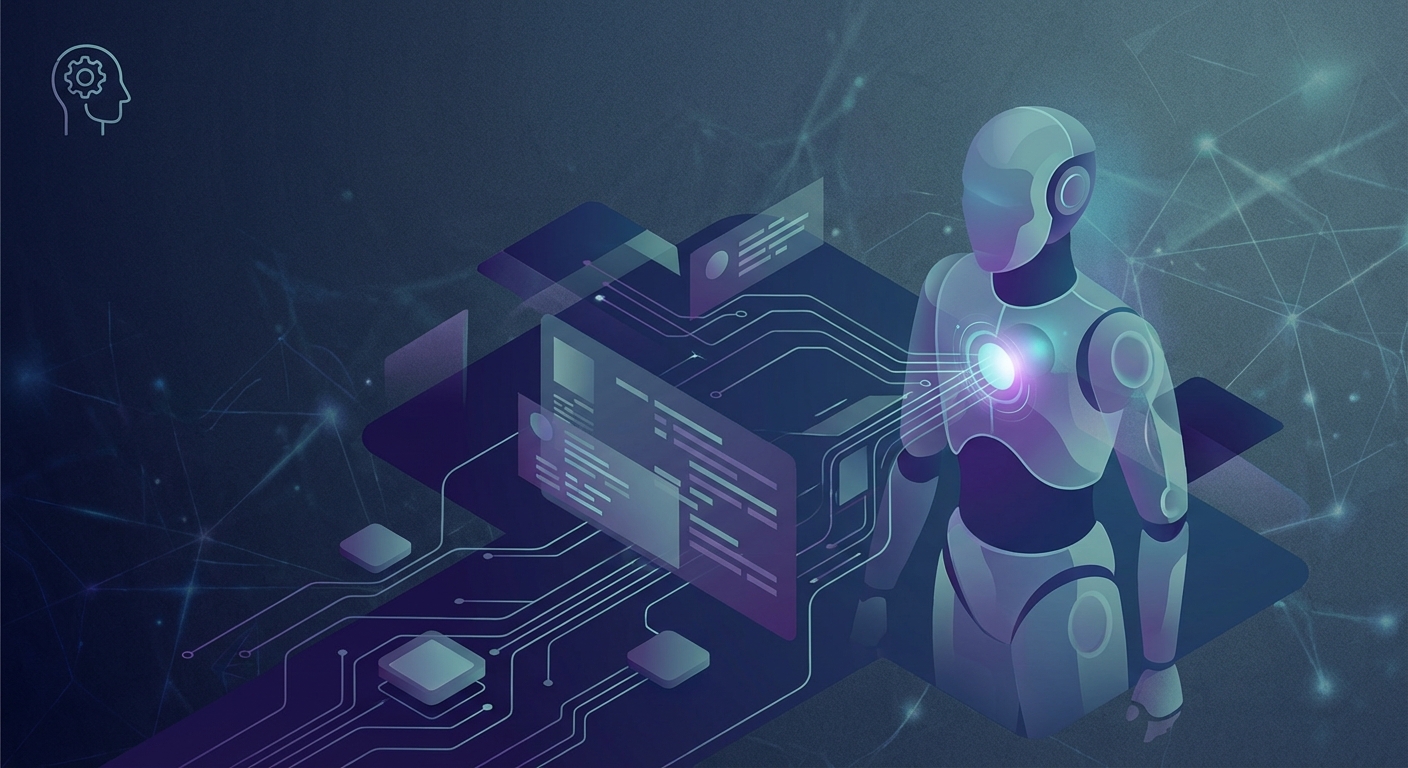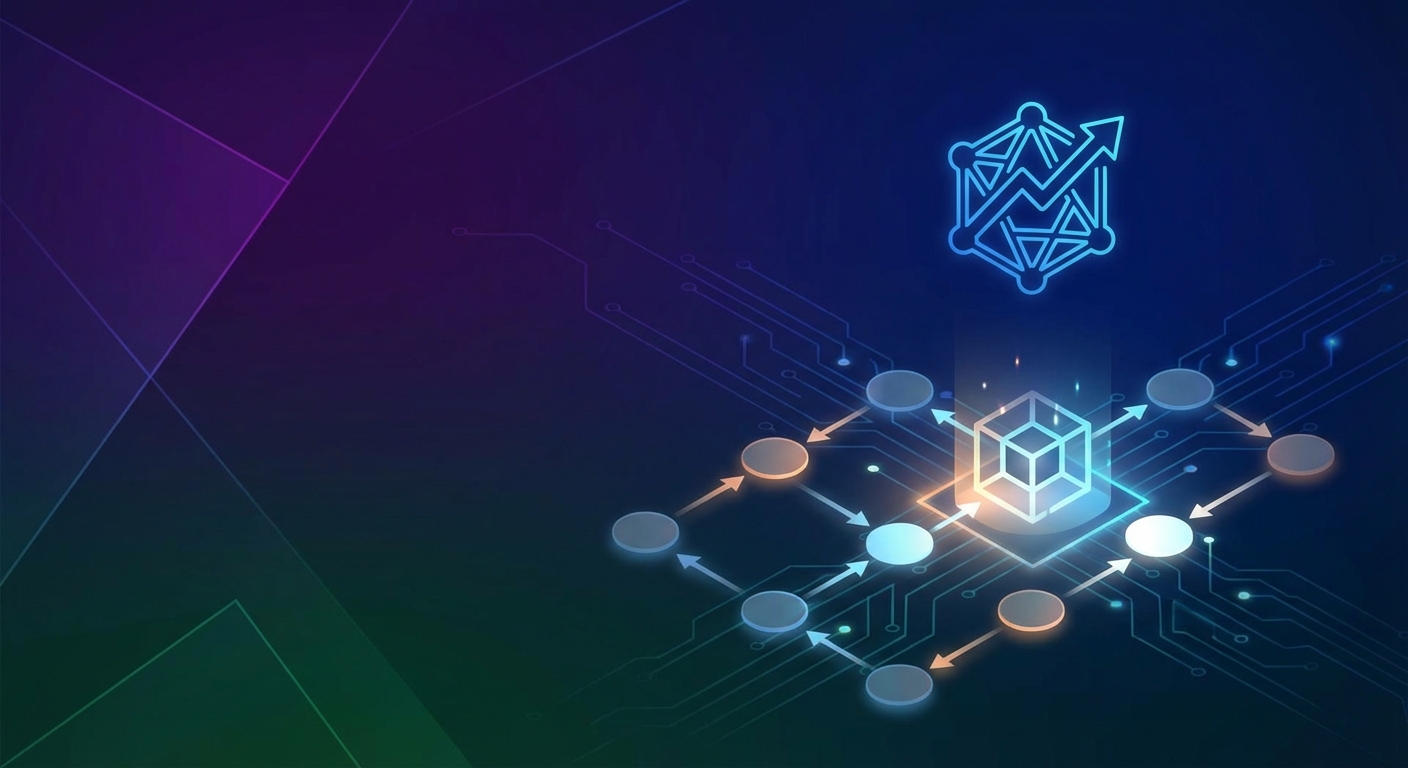The Importance of Common Sense in AI Development
TL;DR
- This article explores why common sense is crucial for AI, especially in agent development and enterprise solutions. It covers the limitations of current AI, the challenges in implementing common sense, and the benefits of AI that can reason more like humans. We'll also discuss how common sense impacts areas like automation, security, and ethical considerations, offering insights for businesses looking to leverage AI effectively.
The Current State of AI: Lacking Common Sense
Okay, so ai is everywhere these days, right? But have you ever stopped to think about how much common sense these things actually have? It might surprise you.
The truth is, despite all the hype, ai still struggles with things that even a kid could figure out, and, well it can be pretty funny--and a little scary.
Here’s the deal:
- ai relies heavily on data. It needs tons of examples to learn, but even then, it doesn't really understand what it's learned. It's more like memorization than actual comprehension, ya know?
- Generalization is a major hurdle. An ai trained to recognize cats might fail miserably if it sees a cat in an unusual pose or setting. It just can't connect the dots like a human can.
- Unexpected situations throw ai for a loop. Think about self-driving cars encountering a bizarrely dressed pedestrian or unusual road construction. It's not always smooth sailing.
According to Mind Supernova, ai still lacks what most 10-year-olds possess, ordinary common sense.
All these limitations really hits ai accuracy and reliability, which is not ideal, obviously.
So, what is common sense in the context of ai? Simply put, it's the ability for an ai system to understand and apply basic, intuitive knowledge about the world that humans take for granted. This includes understanding cause and effect, social norms, physical properties of objects, and general reasoning about everyday situations. It's the stuff that lets you know not to put a fork in a toaster, or that if you drop a glass, it'll probably break.
Why Common Sense Matters in AI Agent Development
So, you're building ai agents, huh? That's cool, but lemme tell ya, without common sense, they're kinda like really smart toddlers—powerful, but prone to doing dumb stuff.
Here's why common sense is the secret sauce:
- Better Decisions: Agents can make more informed choices, especially when things aren't black and white. Think about a healthcare ai diagnosing a rare condition; it needs to go beyond textbook symptoms. Like, what if the patient also mentioned some weird travel history?
- Smoother Interactions: Ever talked to a chatbot that just doesn't get you? Common sense helps ai understand context and intent, making conversations way more natural.
- Adaptability: Agents can handle new situations without needing constant retraining. Imagine an ai managing a retail supply chain and suddenly there's a global shipping crisis. It needs to figure out alternative routes, not just throw its hands up.
As Mind Supernova points out, ai still lacks what most 10-year-olds possess: ordinary common sense.
Next up, let's look at how to actually bake some common sense into these things.
The Challenges of Implementing Common Sense in AI
Okay, so, getting ai to actually get common sense? Ugh, it's not a walk in the park, lemme tell you.
- Data is a mess. Like, where do you even get all this "common sense" stuff? And how do you shove it into a format that a machine can actually use? It's not like there's a "Common Sense for Dummies" dataset, sadly. Researchers are exploring ways to extract common sense from vast text corpora, or even develop symbolic knowledge bases, but it's a slow process.
- Reasoning is hard. Getting ai to make inferences, like humans do, is a huge hurdle. What if it's not certain? The AI needs to handle ambiguity without throwing a logic-tantrum, ya know? This involves developing more sophisticated reasoning engines that can handle uncertainty and probabilistic thinking.
- Fallacies galore. Ai can easily fall for logical traps that a human would spot instantly. For example, an ai might commit the "correlation implies causation" fallacy, assuming that because two things happen together, one must have caused the other. Gotta watch out for those!
It's a tough nut to crack, but hey, someone's gotta do it, right?
Applications Across Industries
Ever wonder how ai could be even more helpful across different industries? Common sense is the answer, plain and simple.
- In customer service, imagine chatbots that actually understand customer frustrations, not just regurgitate canned responses. They could pick up on sarcasm or subtle hints of dissatisfaction.
- Security systems could anticipate threats before they happen, recognizing subtle cues that a human analyst might miss. Think about an ai noticing unusual patterns of movement or behavior that don't quite add up.
- For automation, think of ai that can adjust to unexpected changes in a supply chain, without needing constant human intervention. If a shipment is delayed, it could intuitively understand the downstream impacts and reroute resources accordingly.
Makes you think, right? Now, let's see how this all comes together and what it means for the future.
Ethical Considerations and Governance
Wrapping things up, right? Common sense in ai isn't just a tech problem; it's like, a moral one too. If we're gonna let these things make decisions, we gotta make sure they're fair, unbiased, and, well, not totally clueless.
- Fairness: Gotta watch out for bias sneaking in, especially in healthcare or finance. If an ai doesn't have common sense about fairness, it might perpetuate existing societal inequalities.
- Transparency: Black boxes are scary, people need to understand why an ai did something. Common sense reasoning can sometimes be more interpretable than complex deep learning models.
- Governance: We need rules, like, yesterday. Establishing clear guidelines for developing and deploying common-sense ai is crucial to ensure it benefits humanity.
Conclusion: Towards More Human-Like AI
We've talked about how ai, for all its power, still lags behind humans in basic common sense. We've seen why this "common sense gap" is a big deal for developing useful ai agents, and the tough challenges in trying to bridge it. From messy data to tricky reasoning, it's a complex puzzle.
But the potential is huge – think of ai that can truly understand and assist us across all sorts of industries. As we move forward, the focus on imbuing ai with common sense isn't just about making smarter machines; it's about making them more reliable, trustworthy, and ultimately, more beneficial to us all. The journey is ongoing, but the goal is clear: ai that doesn't just process information, but truly understands the world around it.




